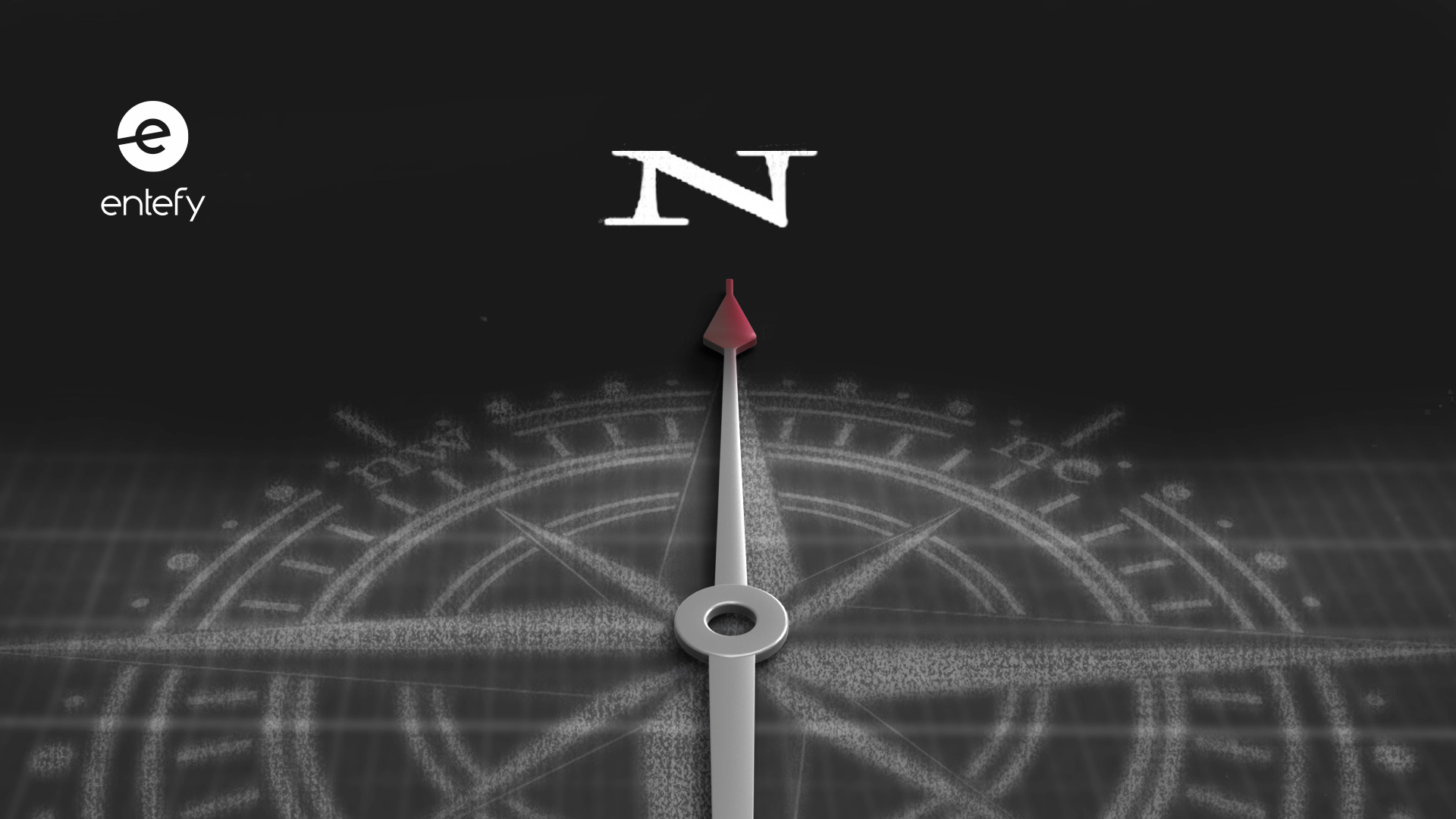The modern workplace is alive with distraction. The open floor plan office so common today means that everyone in the office is susceptible to practically every beep and ping from computers and smartphones, every overly odiferous microwaved lunch, whispered conversations or boisterous storytelling, and on and on. It’s a wonder any work gets done when the distractions come fast and furious.
Many people are trying to find ways to deal with distractions and maintain personal productivity. What exactly happens when we’re distracted? How do you deal with distractions? Any quick fixes? The answers to these questions are rather surprising and point to the many ways we can remain focused and productive in even the most distraction-filled workplaces.
How do distractions impact the brain and memory?
Research shows that short-term memory is linked to the ability or inability to ignore distractions. When you’re hard at work, your brain is taking information into its short-term working memory, processing it, then outputting ideas, results, thoughts, and so on. Whatever it is you’re working on. Any stimulus outside of your zone of focus depletes your mental “bandwidth,” reducing the amount of working memory at your disposal. Like a computer trying to handle too many commands at the same time, everything slows down. And your productivity suffers.
How big a problem are workplace distractions?
A survey of 3,000 office workers and 2,000 managers identified the biggest workplace distractions. At the top of the employers’ list of employee time wasters were cell phones and texting, the Internet, and social media. No surprises there. But what is alarming is that 3 in 4 employers believe employees lose 2 to 5 hours per day to distractions. That’s up to 3 days of weekly productivity lost to distractions.
What do employees say they need to counter distraction?
One insightful way to learn about workplace distraction is to examine so-called high-performance employees (HPEs), professionals who are unusually productive as they work on high-value problems. An anonymous online survey of high-performance employees found that, “58% of HPEs need more private spaces for problem solving, and 54% of HPEs find their office environment ‘too distracting.’” It was estimated that HPEs take 25 minutes to regain their focus after a distraction; suggesting that just 4 distractions per day add up to nearly 2 hours in lost productivity.
Do workplace distractions affect our experience of work?
Researchers from the University of California, Irvine investigated the costs of interrupted work. They initially set out to determine whether the context of an interruption had a meaningful impact on a person’s productivity. Picture someone is working on a creative project and is interrupted with a question: Is there a productivity difference if the question is about the creative project versus about something completely unrelated? What they found was surprising—and telling. First, after an interruption people completed tasks faster because they compensate for the distraction by speeding up. All without any loss of quality. The surprise finding was how extensive the emotional cost was. Distracted people experienced more stress and frustration than their focused peers.
What can be done to minimize the impact of distraction?
Harvard researchers outlined advice for what to do when you’re feeling distracted at work. Some of those action items include:
· Understand the negative impact of multitasking
· Don’t let feelings like anxiety get the upper hand
· Actively gather your focus and attention
· Understand what distracts you and establish boundaries
· Interact with supportive colleagues
Ultimately, combating workplace distraction is a very individual effort. But by understanding how the brain and body respond to distraction, we can make great strides towards retaining focus in even the most distracting environments. And don’t be afraid to throw on headphones and play your favorite productivity-boosting music.
